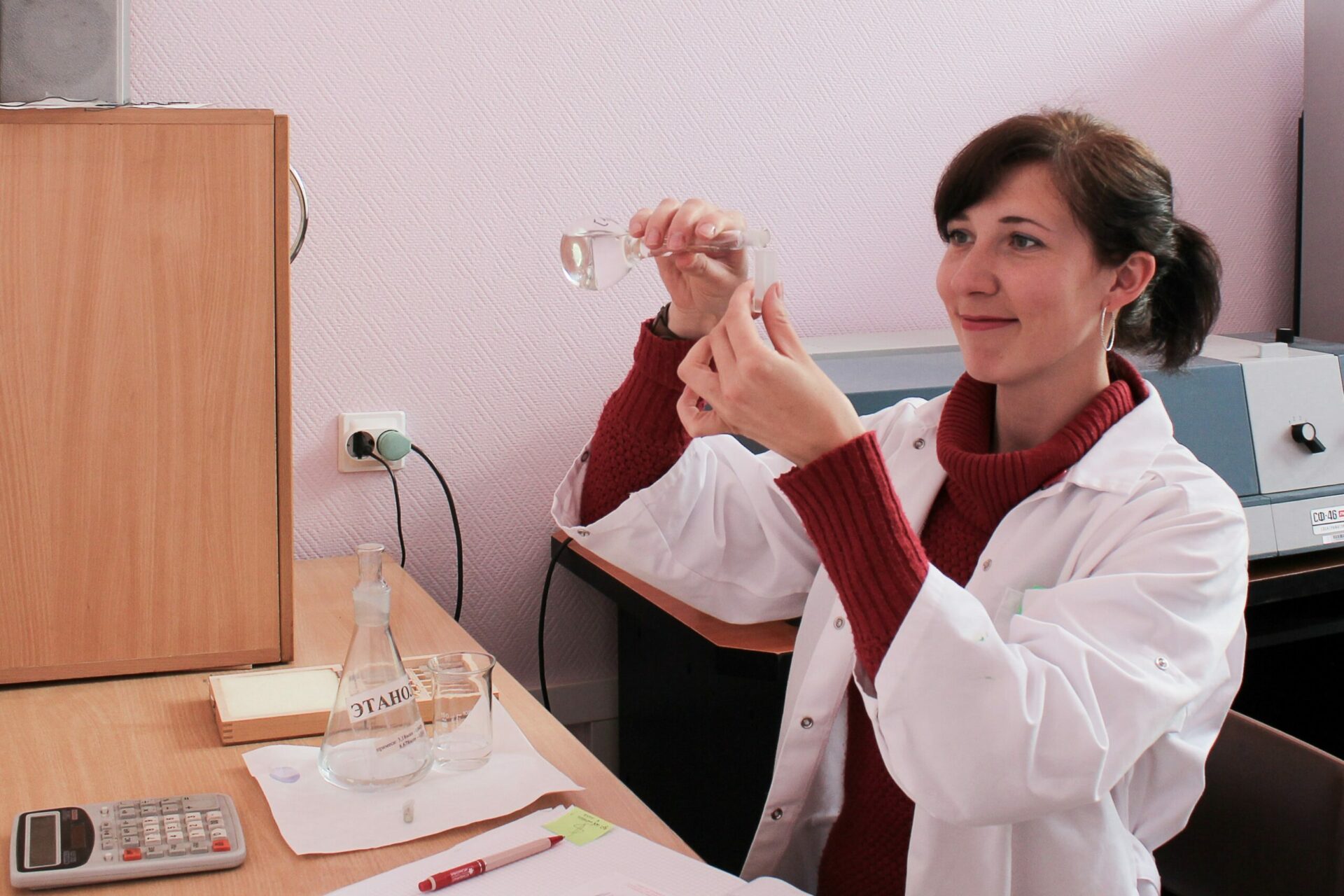Engineering uses scientific principles to design and develop structures and machines, including roads, buildings, vehicles, computers, and more. It’s a wide-ranging course with many specializations under it.
If you’re thinking, “what can you do with an engineering degree?” You’ve come to the right place. If you’re looking to gain insight into Engineering at University, then check out our summer courses in Engineering for high school students.
Listed below are the many careers you can choose with an engineering degree.
What Can You Do With An Engineering Degree
Engineering is an encompassing field, just like social science or mathematics. Below you’ll encounter two significant categories of engineering degrees: general and specialist. The general types of engineering have many specialisations under them.
And don’t worry, we’ve covered the best universities for engineering in the UK – a useful guide for if you’re deciding to pursue Engineering at university-level.
General Types Of Engineering
Civil Engineering

The core of civil engineering is designing and constructing structures and buildings. Here’s a quick list of what civil engineers build:
- Houses
- Roads
- Bridges
- Tunnels
- Stadiums
- Hospitals
- Car parks
- Airports
- And more!
What are the typical responsibilities of a civil engineer?
- Survey if the site is suitable for the project
- Plan, design, and analyze projects and plans
- Budget and gather construction materials
- Comply with government regulations
- Conduct risk analysis
- Analyze soil testing results
There are two types of civil engineer roles per project: consultants and contractors. Consultants focus on design and client interactions, while contractors focus on fieldwork. The contractors see to it that the consultants’ design comes to reality.
Do building structures excite you? Consider choosing civil engineering!
Electrical And Electronic Engineering

Electrical engineers are concerned with electrical equipment. You can guarantee that hardware, software, products, and systems involving wires have all passed through the careful minds of electrical engineers. If you choose to become an electrical engineer, you’ll most likely work for any of the following:
- Government/Military
- Comercial
- Medical
- Industrial
What are the typical responsibilities of electrical engineers?
- Determine clients’ problems and solutions.
- Design electronic parts, devices, systems, and software to solve the problem.
- Plan out the materials needed to build the system.
- Calculate and budget the costs.
- Devise procedures to maintain and test electrical components.
- Give recommendations for system modifications or repair.
- Inspect systems and equipment to comply with safety regulations.
If you’re passionate about designing electrical products or systems, you’d love to be an electrical engineer.
Chemical Engineering

Chemical engineers make products using chemical processes. Practically every chemical product you hold in your hand was completed and inspected by chemical engineers, including:
- Chemicals
- Food
- Pharmaceuticals
- Beauty products
- Fuel
What are the typical responsibilities of chemical engineers?
- Researching to improve and make new production processes
- Making sure chemical processes comply with safety and environmental regulations
- Budget production costs
- Analyze chemicals to test product properties
- Optimize production by creating safer and more effective products.
- Report analysis and research results.
- Check the efficiency and safety of equipment and facilities.
Mechanical Engineering

When you think of mechanical engineers, think of machines. Tools and devices are part of the mix too. Here’s a more specific list of what mechanical engineers are involved with:
- Turbines
- Batteries
- Combustion engines
- Generators
- Conveyor systems
- Elevators and escalators
- Automobile
- Air Condition systems
- Robots
- and more!
What are the typical responsibilities of mechanical engineers?
- Identify and analyse industry problems
- Design, develop, and test prototypes to solve the problem
- Use computer aids and scientific analysis to enhance the design
- Test equipment for failure or difficulties and fix them.
- Oversee the costs and safety measures of the manufacturing process
If you love inventing and tweaking machines, you’d have the time to become a mechanical engineer! Do you want to learn more about mechanical engineering career prospects?
Specialist Types Of Engineering
Biomedical Engineering
A biomedical engineer solves human biology and medicine problems – that is, healthcare. Many engineering aspects come together to make the patients’ lives more manageable, ranging from mechanical to chemical engineering and everything in between.
To give you a better picture of what biomedical engineers do, think of pacemakers, artificial organs, surgical robots, and more. If you’re inspired to use your engineering skills to help enhance the healthcare system, go for biomedical engineering.
Agricultural Engineering
Agriculture engineering finds ways to improve farming by making it safer and more sustainable. Agriculture engineers seek to develop new technologies to enhance agricultural operations to achieve this. Innovative technology, software, and artificial intelligence are crucial to automate processes.
To better understand how agricultural engineers work, think of increasing crop yields, maximizing land, and saving resources. If farming is close to your heart, explore agricultural engineering.
Marine Engineering
What is Marine Engineering’s main focus? Ships. Everything ship-related, from design, building, and operation to repair, is part of a marine engineer’s job description. By “ship,” we also include submarines, yachts, offshore platforms, and more.
What marine engineers do is construct new marine vessels or ship parts. They may also upgrade existing vessels or parts to make them more efficient. Do you love working with ships? Jump on board!
Computer Engineering
This one’s relatively straightforward. Computer engineering’s primary objective is to enhance computer systems. They find ways to maximize the computer hardware according to its software. To accomplish this, they constantly research, test prototypes, fix bugs, tweak microchips.
You can find their work on computers, laptops, cellphones, household appliances, and military crafts. So if designing computer systems puts you on the edge of your seat, try computer engineering!
Aerospace Engineering
Aerospace engineering is all about aircraft. That includes spacecraft and even missiles and satellites! Aerospace engineers are often occupied with inventing new aerospace technologies. They ensure that prototypes adhere to engineering principles for maximum safety and efficiency.
If aerodynamics excites you, aerospace engineering may be just what you’re looking for.
Automobile Engineering
Automobile engineering’s primary focus is vehicles. Cars, trucks, motorcycles, and other forms of transportation on wheels are within its scope. What is an automobile engineer’s primary responsibility? To manufacture vehicles. They oversee the entire process from concept to production.
If you dream of designing vehicles, go for automobile engineering!
Nuclear Engineering
Nuclear engineers design, develop, and manufacture instruments and systems to harness nuclear energy and radiation. You’ll often find nuclear engineers working in places that use nuclear power sources – power plants, spacecraft, or ships. Nuclear energy and radiation are also helpful in medical treatment, especially that of cancer.
Have you always found nuclear energy and radiation fascinating? Check out nuclear engineering!
Alternative Career Paths
So far, you’ve learned about the various engineering careers you can enter into. But did you know that there are other career paths engineering graduates can explore? That’s because engineering has numerous transferable skills that employers find highly valuable, including
- numerical skills
- analytical thinking
- problem-solving
- research
- laboratory experience
- data analysis
- project management
- teamwork
- Communication
These skills allow engineers to explore alternative career paths, including:
Technical Sales and Marketing
Who better to sell technical products than engineers themselves? You may not participate in designing and manufacturing, but you can sell them! Your understanding of the scientific and mathematical principles behind them gives you an edge.
You now have to translate the function and principle into simpler terms for potential buyers. And persuade them!
Logistics
Logistics figures out how best to move materials cost-effectively. Think of shipping products from one location to another. To do this, you must be aware of product availability and order tracking.
Since engineers have been trained to oversee construction or manufacturing processes, logistics is a familiar territory.
Patent Law
Patents are protected inventions and intellectual property. When a person or group designs a prototype or manufactures a product, they seek to prevent others from copying it. Guess what’s the most crucial factor to be a patent attorney? Technical knowledge.
Since engineering graduates have vast technical knowledge, they’ll make excellent patent attorneys.
Teaching
You’ve been where aspiring engineers aspire to be. Who better to teach and train engineering students than you? Teaching gives you the awe-inspiring opportunity to mould the next generation of engineers. You can use your own experience as a springboard for your students.
So when it’s their turn to tackle the real world, they know how to navigate it better.
We Believe In You – Go Get That Engineering Degree!
To hold an engineering degree is to have the key to many doors. There are so many paths you can take! Whether you want to pursue engineering-related jobs or try your hand out at alternative careers, options are available.
We’ve created a guide on the a-level requirements for engineering which you may find useful!
You’re good to go as long as you have the interest and strength necessary for the type of engineering degree you choose. Remember to keep your mind open to possibilities and take opportunities as they come!



